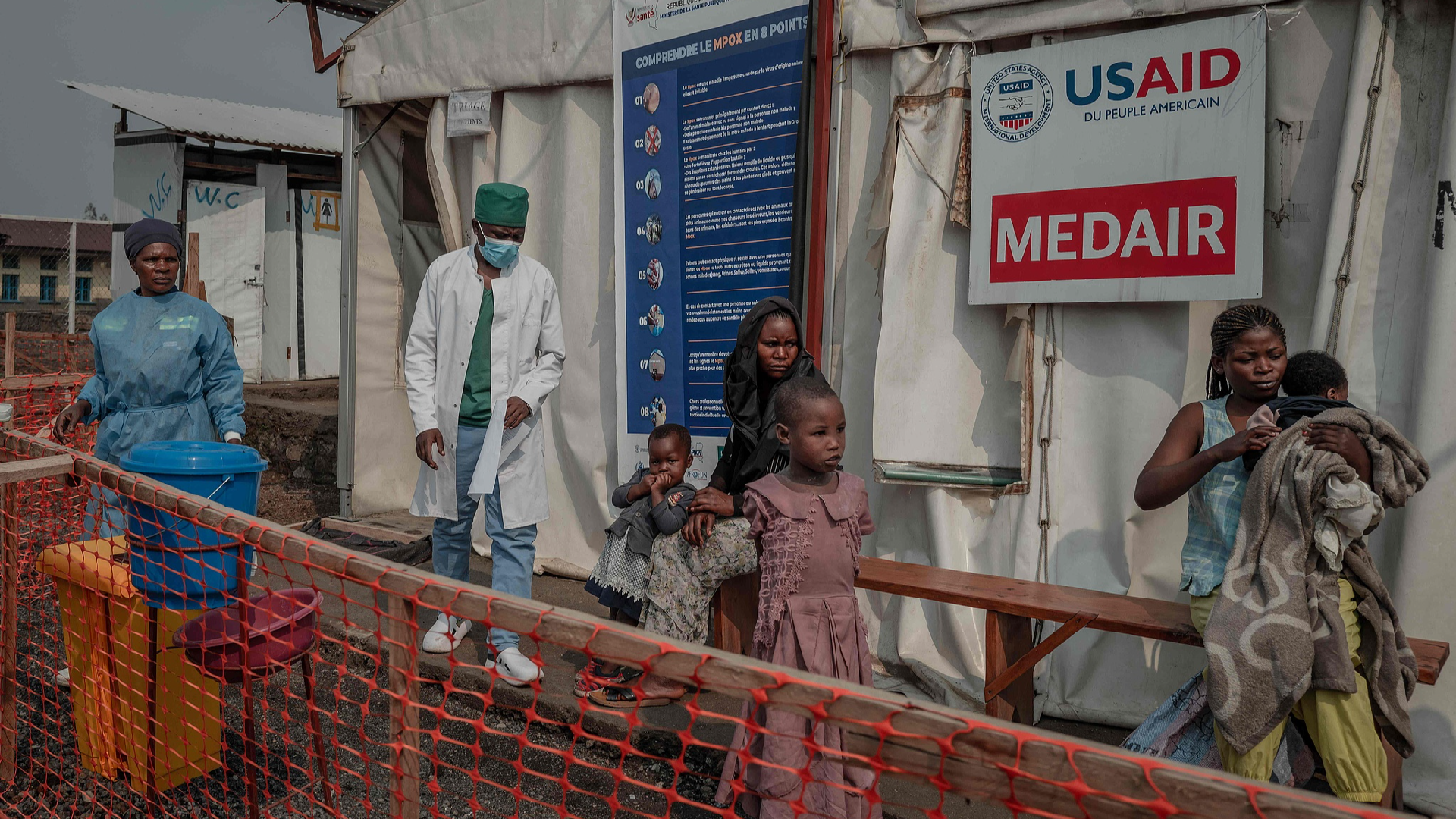WHO cites nearly 30,000 suspected cases of mpox in Africa this year
The World Health Organization (WHO) has indicated that nearly 30,000 suspected mpox cases have emerged across Africa in 2024, primarily in the Democratic Republic of Congo (DRC). This outbreak has strained local resources, resulting in a significant shortage of testing supplies in the DRC and impacting several adjacent nations.

The outbreak is placing significant pressure on regional resources, particularly in the DRC, where testing supplies have been depleted. The WHO noted that from January to September 15 this year, there were 29,342 suspected and confirmed cases throughout Africa, along with 812 suspected and confirmed fatalities. The DRC is not alone in facing this crisis; neighboring Burundi has also seen an increase in cases.
A lack of diagnostic resources in many African nations has resulted in numerous suspected cases remaining untested, exacerbating the situation. As of September 15, the WHO data indicates that the DRC had 5,399 confirmed cases, while Burundi and Nigeria had 564 and 55 confirmed cases, respectively. Additionally, countries such as South Africa, Uganda, Liberia, and Morocco have reported new cases and fatalities in recent weeks, leading to a total of 2,046 new suspected cases and 14 deaths across nine nations.
In light of the crisis, international aid has begun to mobilize. Recently, the World Bank announced it would provide $128.89 million to support ten African countries in their efforts to manage the outbreak.
Mpox spreads through close contact and generally results in flu-like symptoms and pus-filled lesions, with the potential for fatal outcomes in rare instances. The severity of the ongoing outbreak prompted the Africa Centers for Disease Control and Prevention to declare mpox a Public Health Emergency of Continental Security on August 13, 2024. The following day, the WHO categorized the Clade I outbreak as a public health emergency of international concern.
Ian Smith for TROIB News












